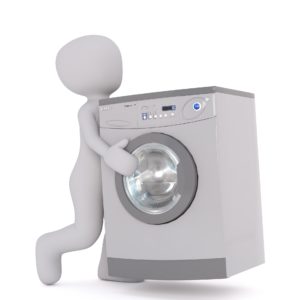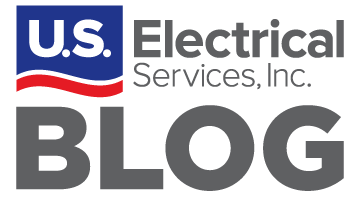
In these modern times, where a lot of stress is put on the importance of recycling and saving resources, one may wonder if it’s wise to use reconditioned electrical equipment. After all, it is a great way to save money and use materials that would otherwise be thrown out. But one also must consider safety which is key when you are thinking about any kind of electrical materials. Well, that truth is, there are some times when it is safe to use reconditioned electrical equipment, and other instances when it is not. Read on to find out the best ways to determine whether the reconditioned electrical equipment you are using is safe.
Many people believe that reconditioned electrical equipment is not safe. The truth is, sometimes it can be even safer than its original state. This can be the case when old parts are replaced with newer components that are safer and more efficient. However, that doesn’t mean that all reconditioning is done safely. Determining whether or not your replaced parts are in accordance with safety standards. A few prerequisites must be met by the company that is updating the equipment.
 Standards for Updating Reconditioned Electrical Equipment:
Standards for Updating Reconditioned Electrical Equipment:
- Reconditioning should be based on a standard set by the Original Equipment Manufacturer or industry-developed standards.
- Reconditioning must be performed by qualified personnel
- Electrical equipment that has been exposed to fire, water damage and other adverse conditions may not be suitable for reconditioning.
- Before reconditioning occurs, a qualified technician should review the equipment to determine if it is suitable. This process may include a review of the equipment’s service records as well as a physical review and a test.
- The process of reconditioning electrical equipment must follow safety standards including design aspects, testing criteria and manufacturing specifications.
How Do I Know My Reconditioned Electrical Equipment is Up to Standards?
 When products are manufactured and shipped from the factory, they are marked with a listing or certification mark. This mark certifies that the product was manufactured according to safety conditions. When electrical equipment is reconditioned, it is up to the company to determine whether this mark can stay on the product. This determination is made through testing processes. If the company finds reason to remove that mark, they may replace it with another one which will serve as proof that the product was safely reconditioned.
When products are manufactured and shipped from the factory, they are marked with a listing or certification mark. This mark certifies that the product was manufactured according to safety conditions. When electrical equipment is reconditioned, it is up to the company to determine whether this mark can stay on the product. This determination is made through testing processes. If the company finds reason to remove that mark, they may replace it with another one which will serve as proof that the product was safely reconditioned.
Any mark that is left on a product, allows it to be traced back to a company that is responsible for a product’s manufacturing and/or reconditioning. Although there is little control over what actually happens to electrical equipment before it leaves the factory, UL has created categories which ensure that it is done in an organized and consistent manner which is overseen by the supervision of UL Follow Up Services field representatives. If you are in the practice of purchasing reconditioned electrical equipment, it is also a good idea to find a company who you can trust with the process, and stick with them.
Buying reconditioned electrical equipment can be a great way to save money and natural resources. It is good to know that standards are being enforced to regulate this process. Now that you understand more about the process, hopefully you will be better able to find products that work safely and efficiently.

